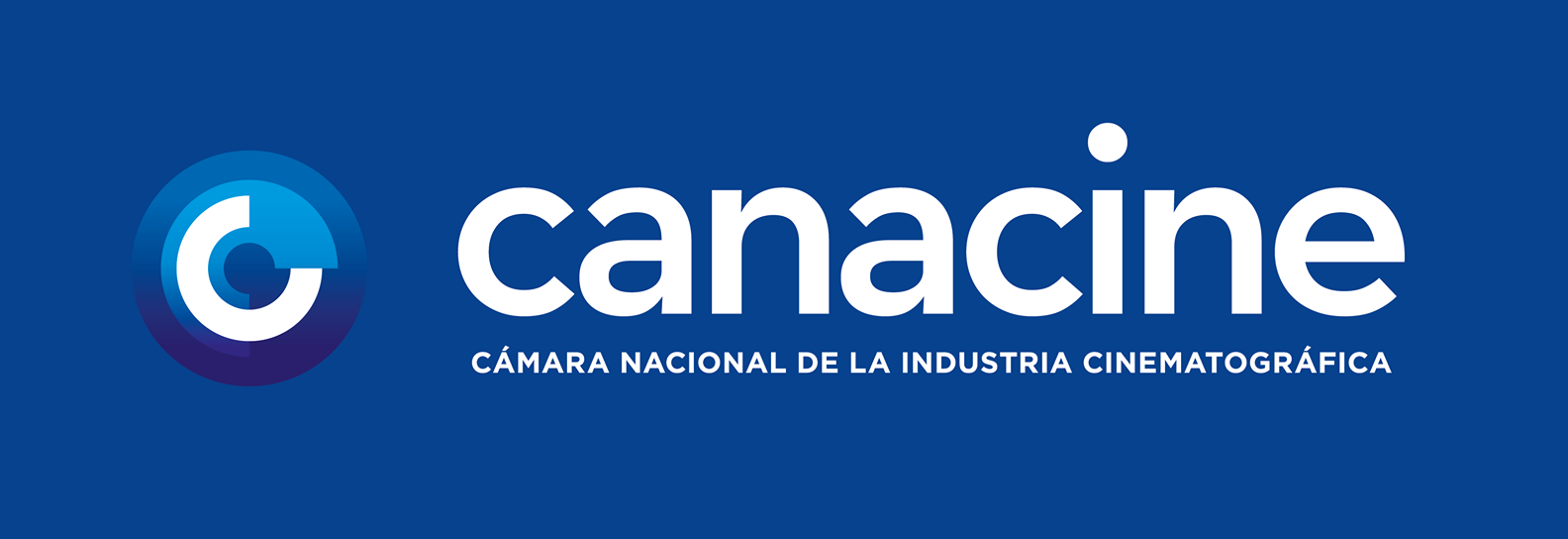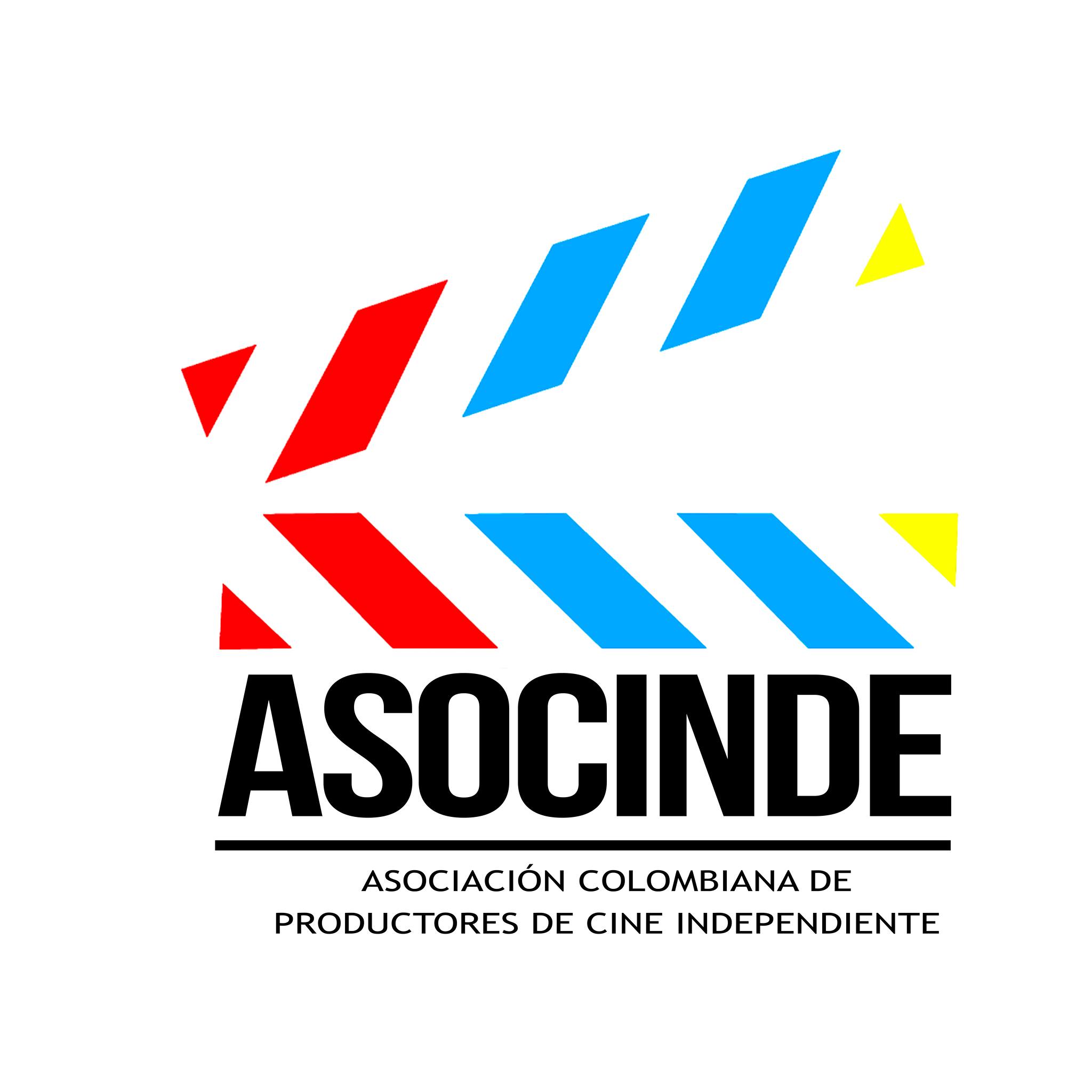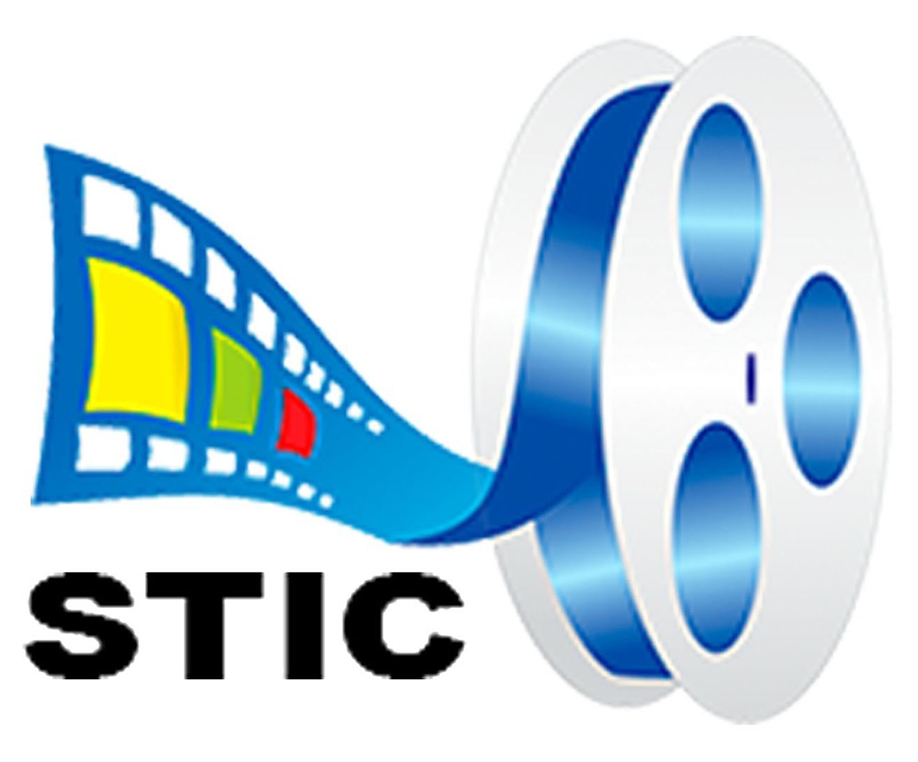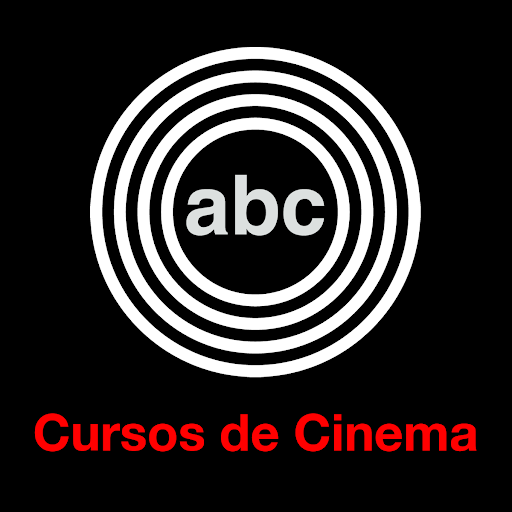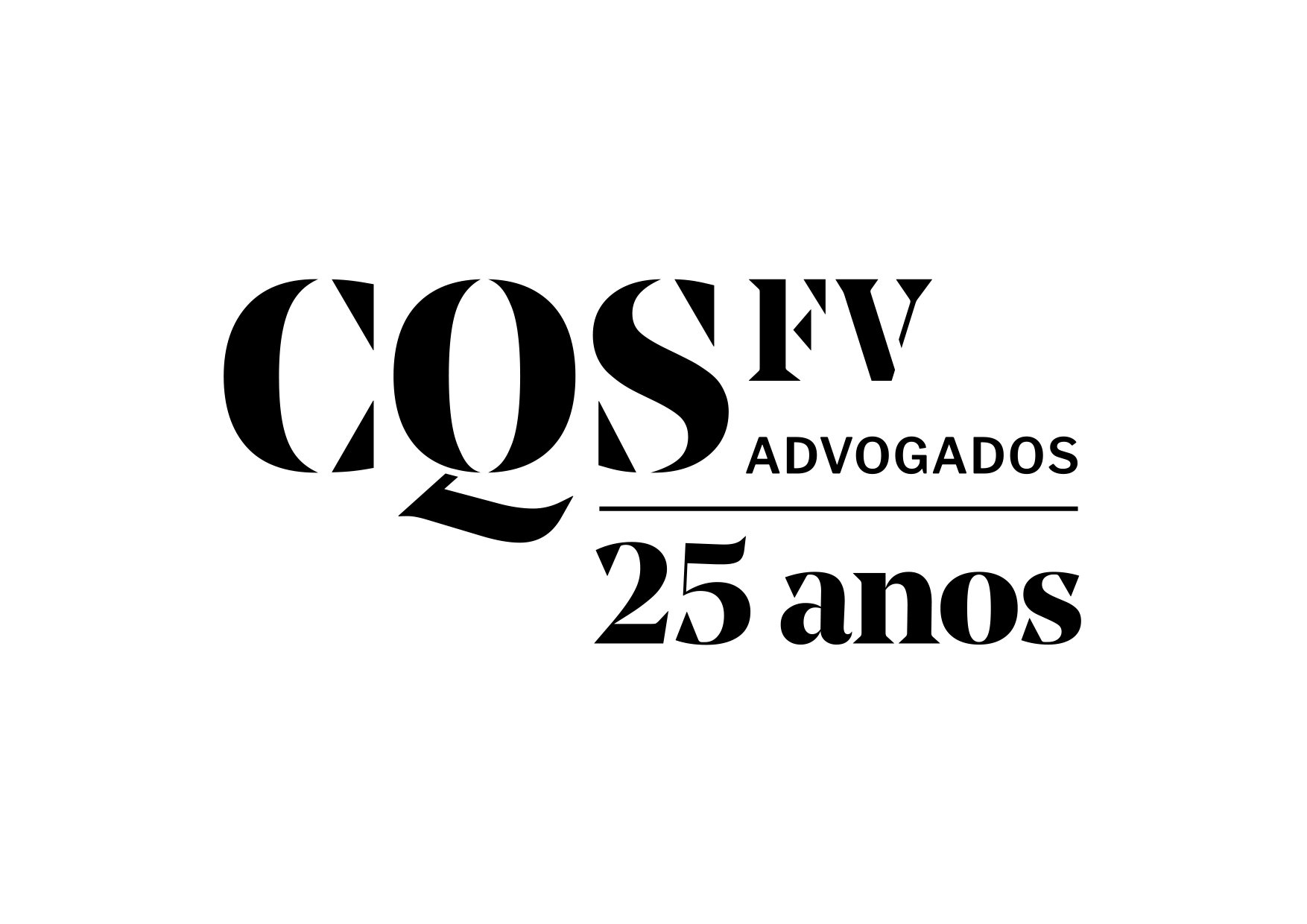In his new article, published in Portuguese on October 21st in the “Revista de Cinema”, Steve Solot, president of LATC, examines the concept of social impact entertainment, highlighting some initiatives and projects. Solot emphasizes how entertainment can be a powerful tool for social change, educating and mobilizing audiences around relevant causes.
The English version of the article is below.
What is Social Impact Entertainment?
By Steve Solot
Social impact entertainment is the use of media, visual arts, film, theater, music, and other forms of expression to promote positive social change through educating, raising awareness, and mobilizing people around relevant social causes. The most common tools are films, series, advertising campaigns, games, shows, and music with transformative messages.
In the US, the newest example of promoting social impact entertainment is the Social Impact Entertainment Society, whose mission is to educate, connect and empower entertainment professionals, nonprofits and businesses to leverage storytelling across all media for greater social good and measurable impact.
In the audiovisual world, the independent American production company Participant Media was a pioneer of social narratives. With a mission to inspire social justice and humanitarian action, it produced, financed or co-produced 135 films and five television series. Its films were nominated for 73 Oscars, winning 18, including Best Picture for “Green Book” and “Spotlight.” Its founder, Jeff Skoll, announced its closure in April of this year.
Based in Brazil, Maria Farinha Films is the leading social impact film company in Latin America, focused on creating inspiring stories that move and engage large audiences. With over 50 productions and 15 years of experience, the production company stands out for productions such as the series “Aruanas,” watched by 35 million people per episode. The company’s content aims at raising awareness about the global environmental crisis and addressing ethical values such as integrity, justice, civility, social responsibility and corporate sustainability. MFF recently announced the hiring of one of Participant Media’s top executives to lead its global operations in Los Angeles.
Another example is Cinema Nosso, a sociocultural institution that was created based on the experience of the film “City of God”. It seeks to reduce social inequalities and provide technology and inclusive experiences through the production of narratives and for youth, which also promote the audiovisual production chain in Brazil.
Located in the Vidigal Favela, in Rio de Janeiro, another pioneering program is the Nós do Morro Group, a non-profit cultural association founded in 1986, whose objective is to provide access to art and culture for children, young people and adults with its theater and audiovisual projects.
Founded in 2003 by TV host Luciano Huck, the Criar Institute of TV, Cinema and New Media, in São Paulo, is aimed at promoting the professional, sociocultural and personal development of young people through audiovisual media. Every year, 125 young people, aged between 17 and 20 and in situations of social and economic vulnerability, receive technical and sociocultural training.
The newest social impact entertainment project in Brazil is the social inclusion filmmaking course for Rio de Janeiro favelas and suburbs through audiovisual media. Organized by the Latin American Training Center (LATC), the project is an initiative of the Culture Council of the Rio de Janeiro Commercial Association (ACRJ). In the city of Rio, the main partners are ABC Cinema Courses (ABCC), the Municipal Special Secretariat for Rio de Janeiro Youth (JuvRio), RioFilme, the Interstate Union of the Audiovisual Industry (SICAV), the Interstate Union of Workers in the Film and Audiovisual Industry (STIC), the Motion Picture Association (MPA) (Brazil) and other strategic sponsors and supporters from the private sector.
The course offers an introduction to the audiovisual world through the production of short films made with cell phones to encourage young people to enter the professional world of cinema. Students develop their own project, from the script to the final version, and after the course, a screening event of all the short films produced takes place in a local movie theater with the presence of family, friends and other residents of the favelas and suburbs.
Held on Saturdays at the ABCCC headquarters in the Laranjeiras neighborhood, the program provides transportation and snacks to students, who also receive an official certificate of completion of the course. In addition, they are eligible for scholarships for English courses offered by LATC, technical audiovisual courses offered by ABCCC, and internships offered by production companies associated with SICAV – the Interstate Audiovisual Industry Union. Thus, the project is structured to emphasize entrepreneurship and employability.
The two courses already offered in 2024 were attended by young people from the favelas and suburbs of Júlio Otoni, Tavares Bastos, Pereira da Silva, Fallet, Morro Azul, Santo Amaro, Cidade Nova, Vila Isabel, Babilônia, Campo Grande, Bangu, Guaratiba, Santa Cruz, Cidade de Deus and Ilha Grande. The next course will be for residents of Nova Iguaçu, in the outskirts of Rio, in partnership with Cia. Encena, the Municipal Department of Culture, the Municipal Department of Social Welfare, the CIEP 117 Carlos Drummond de Andrade Intercultural Brazil-United States School, the Iguaçu Youth House and the Commercial and Industrial Chamber of Commerce of Nova Iguaçu-ACINI.




